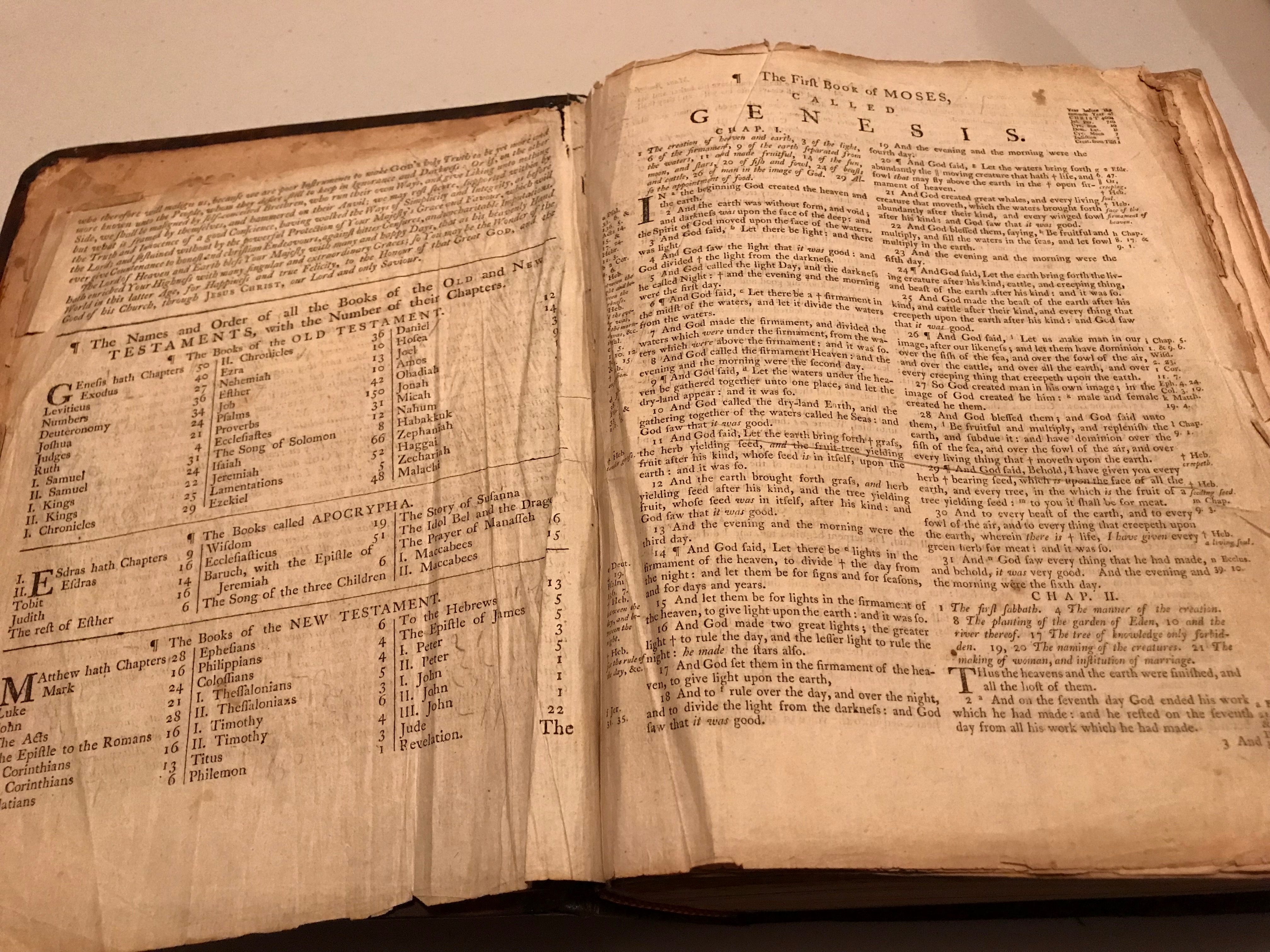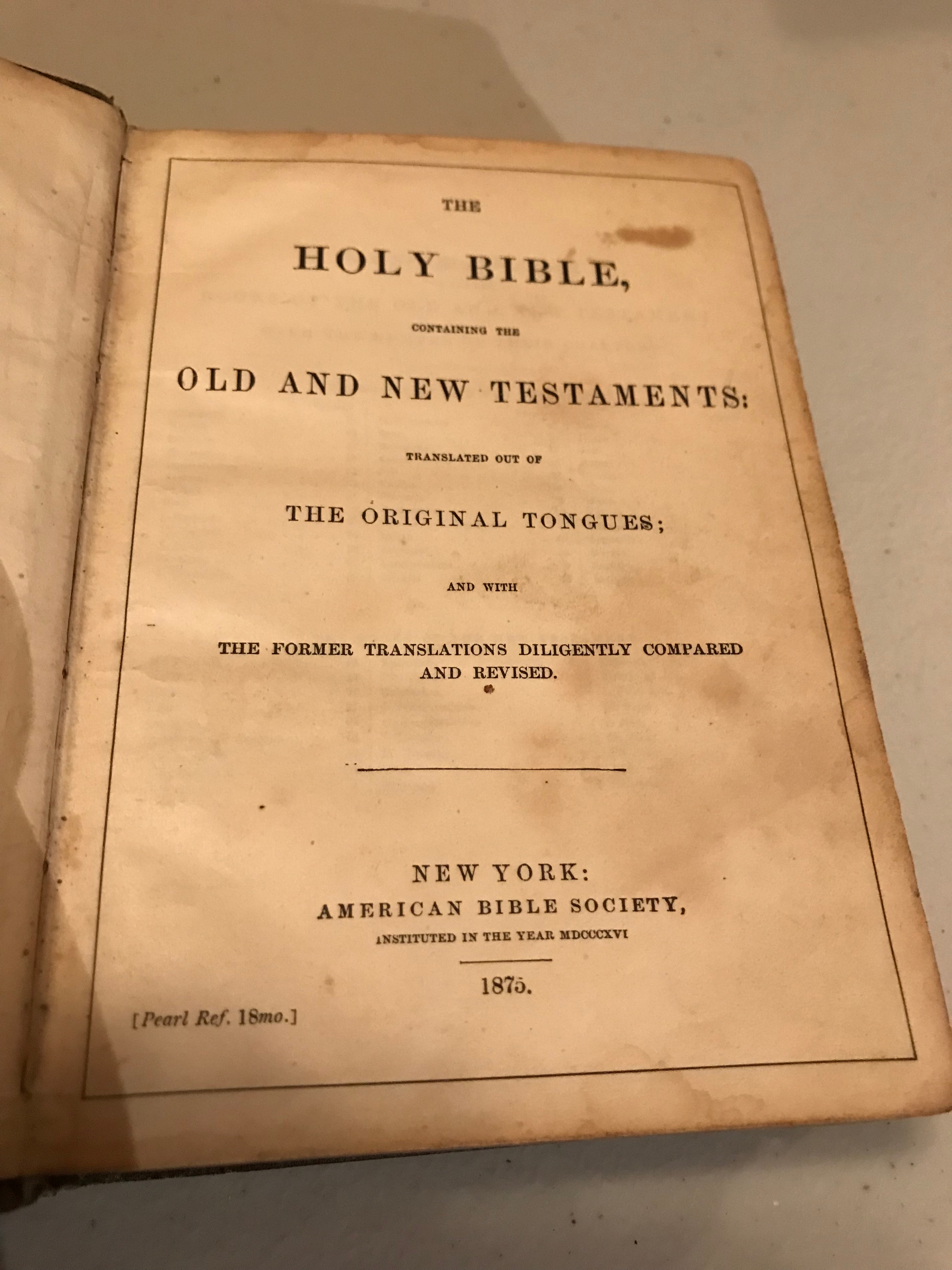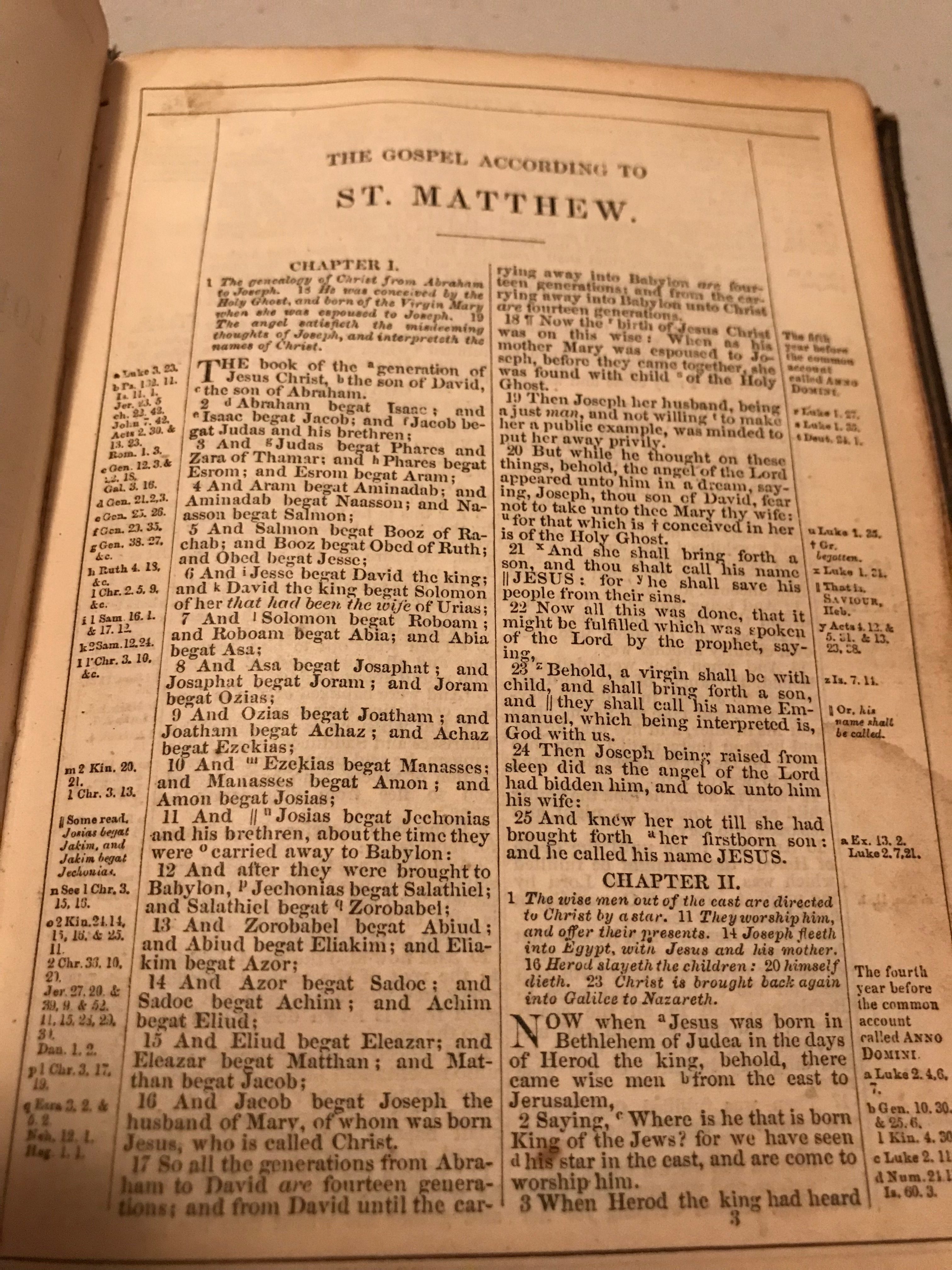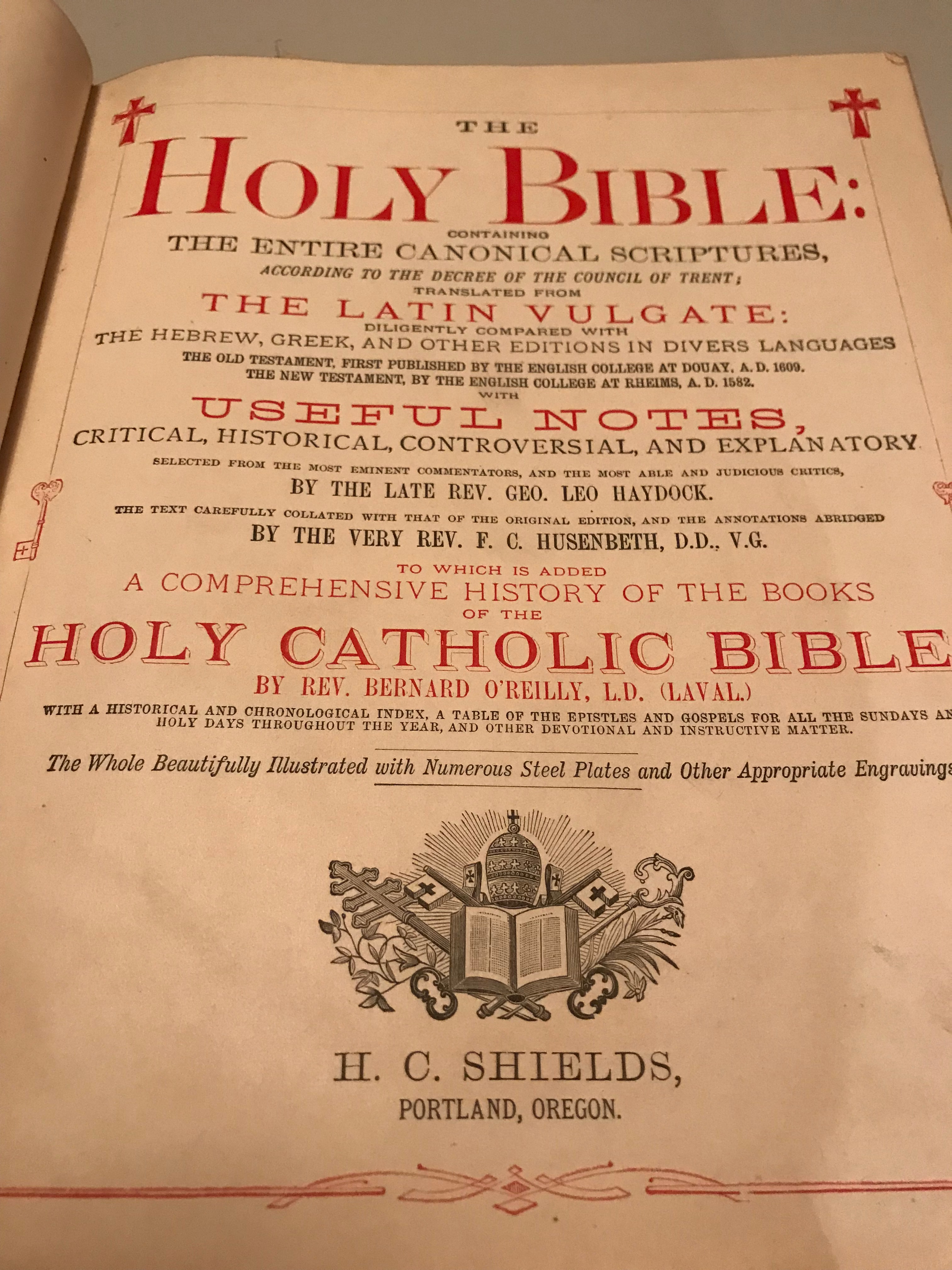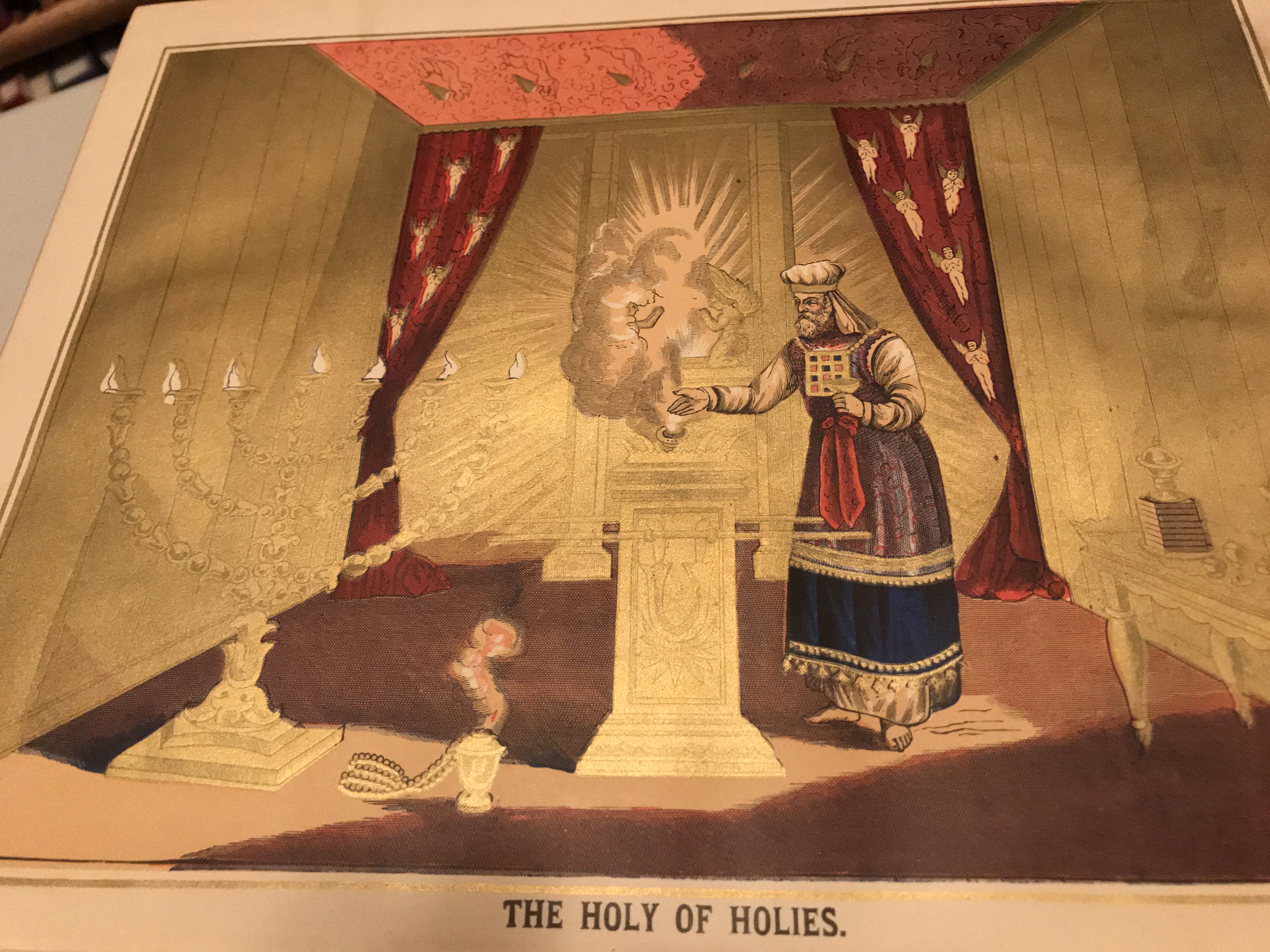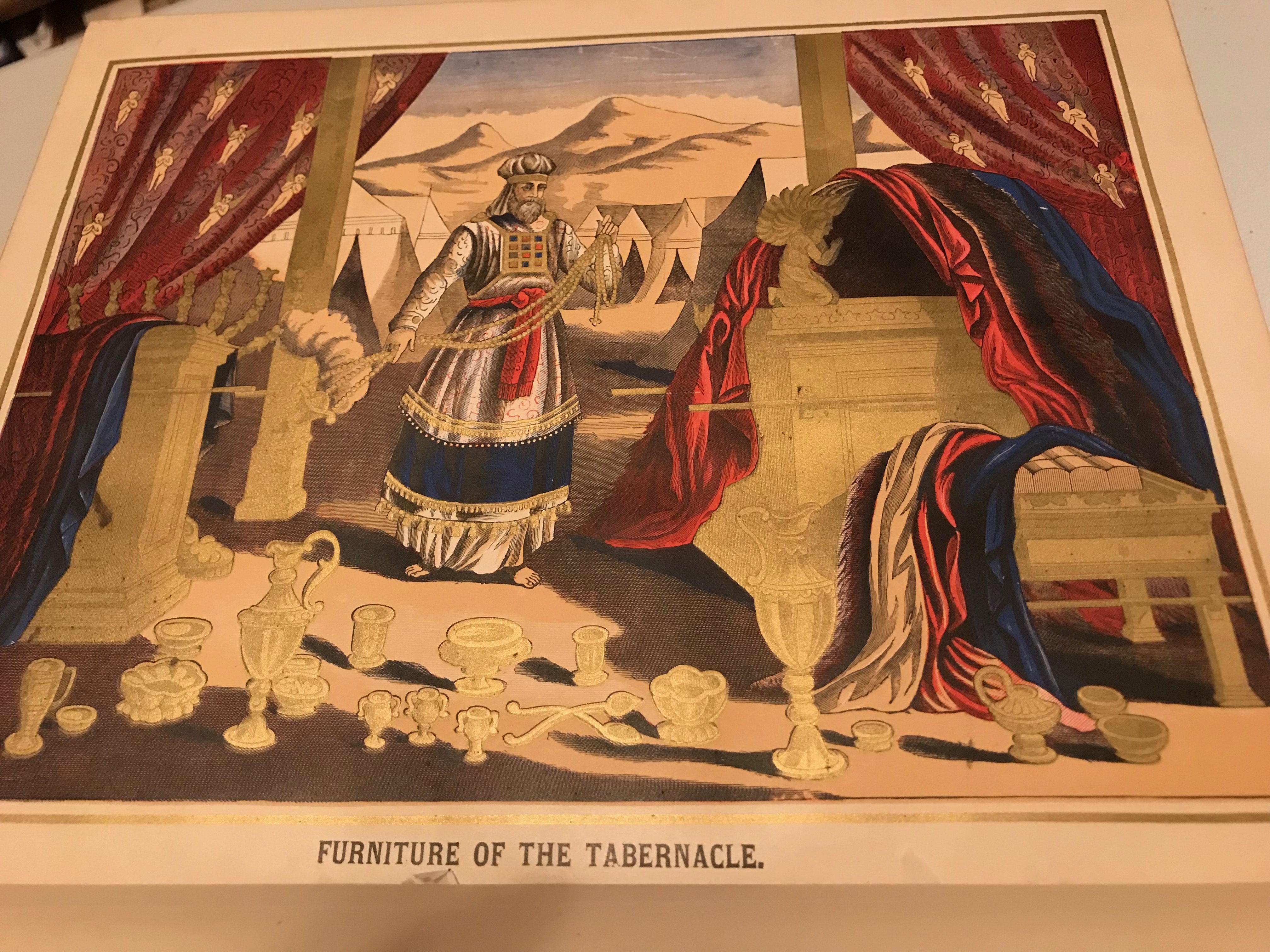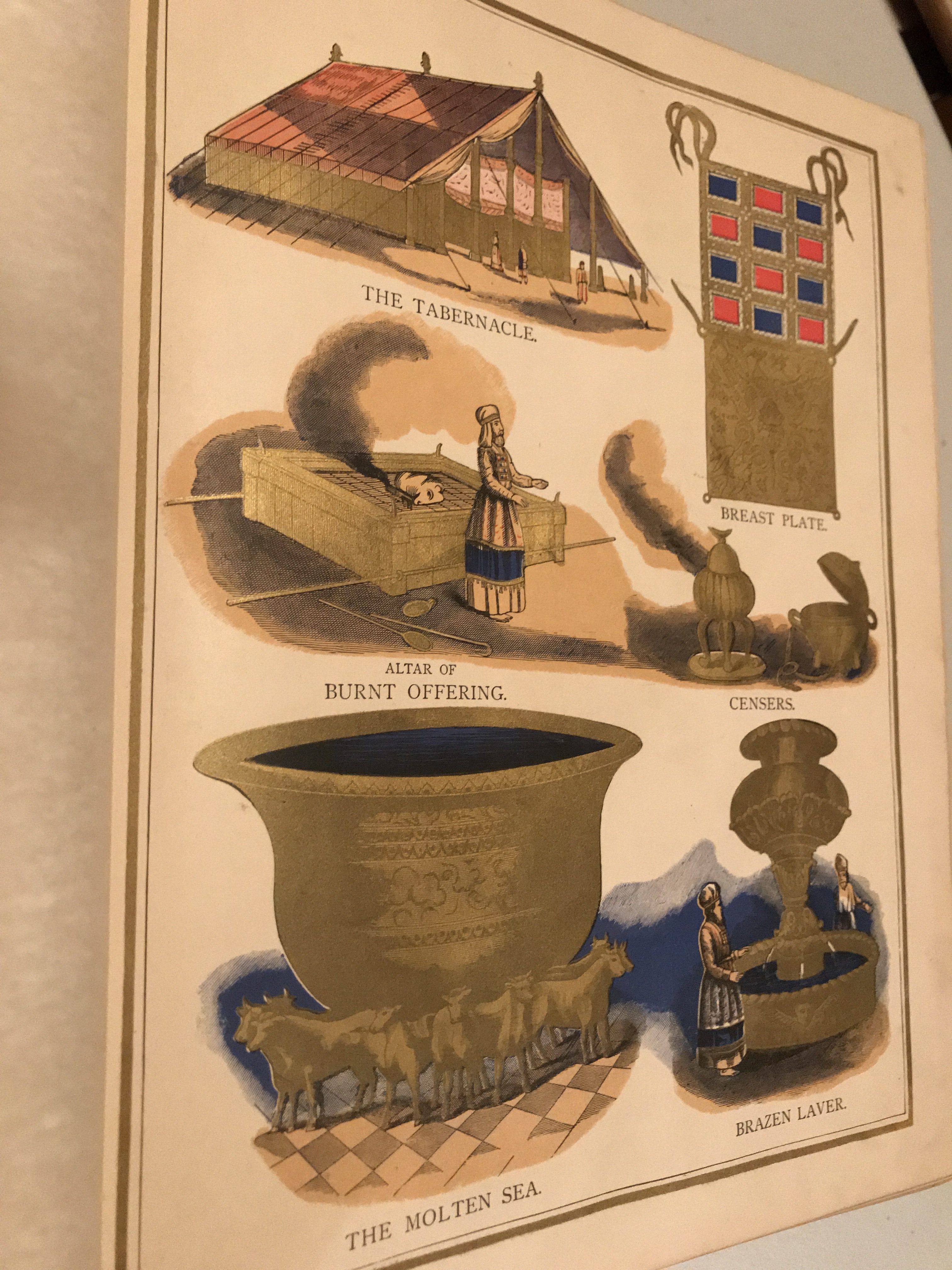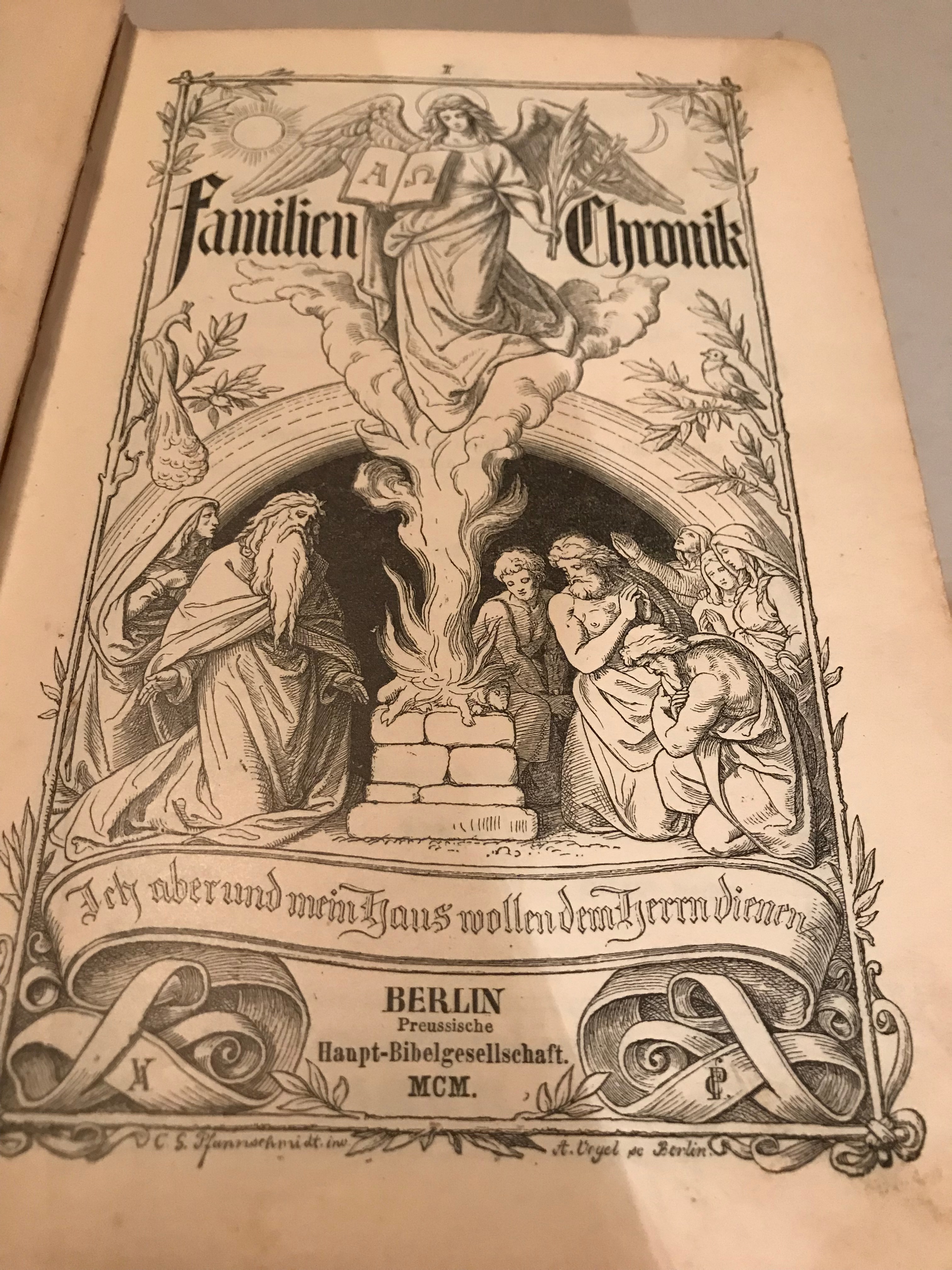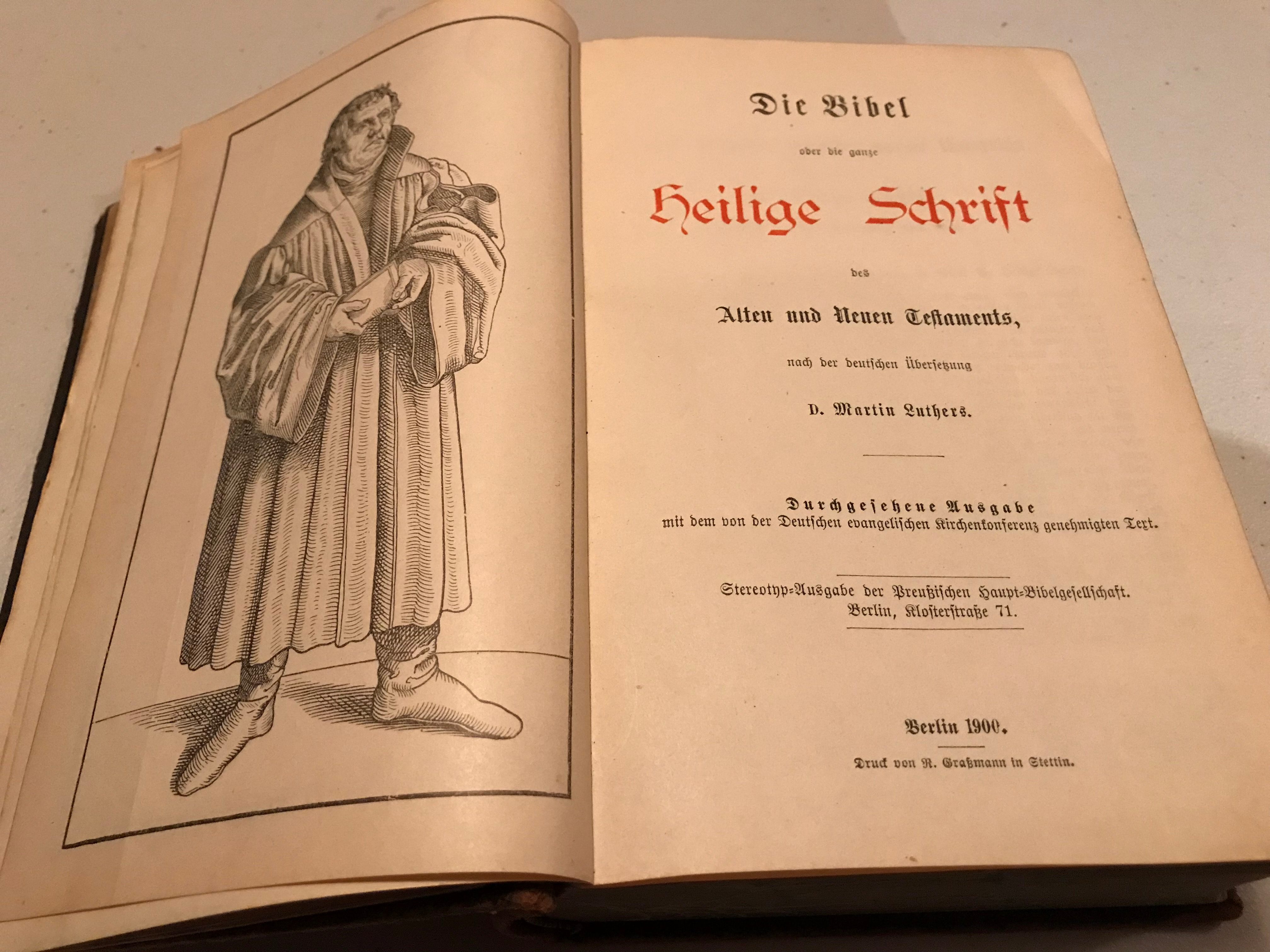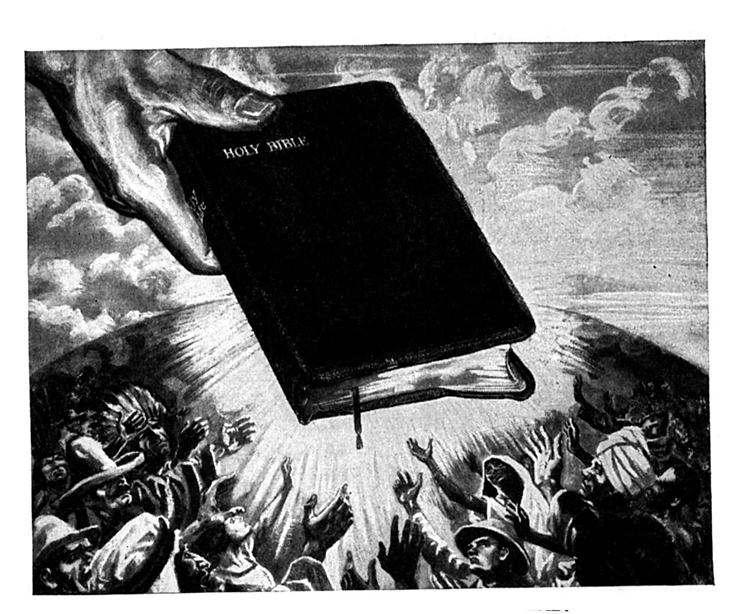Thank you Yehovah Elohim for Your Word, the Bible and for Yeshua the Messiah, the Living Word of Elohim! I would be lost hopelessly wandering in the bleak wilderness of life pursuing the wind and vanity without your word. Soli Deo gloria! — Natan
Your word is a lamp to my feet and a light to my path. (Ps 119:105)
How can a young man cleanse his way? By taking heed according to Your word. With my whole heart I have sought You; oh, let me not wander from Your commandments! Your word I have hidden in my heart, that I might not sin against You! (Ps 119:9–11)
Your word is very pure; therefore Your servant loves it. (Ps 119:140)
I rejoice at Your word As one who finds great treasure. (Ps 119:162)
Sanctify them by Your truth. Your word is truth. (Joh 17:17)
For the word of Elohim is living and powerful, and sharper than any two-edged sword, piercing even to the division of soul and spirit, and of joints and marrow, and is a discerner of the thoughts and intents of the heart. (Heb 4:12)
All Scripture is given by inspiration of Elohim, and is profitable for doctrine, for reproof, for correction, for instruction in righteousness… (2Tim 3:16)
Bibles from Natan’s old Bibles collection
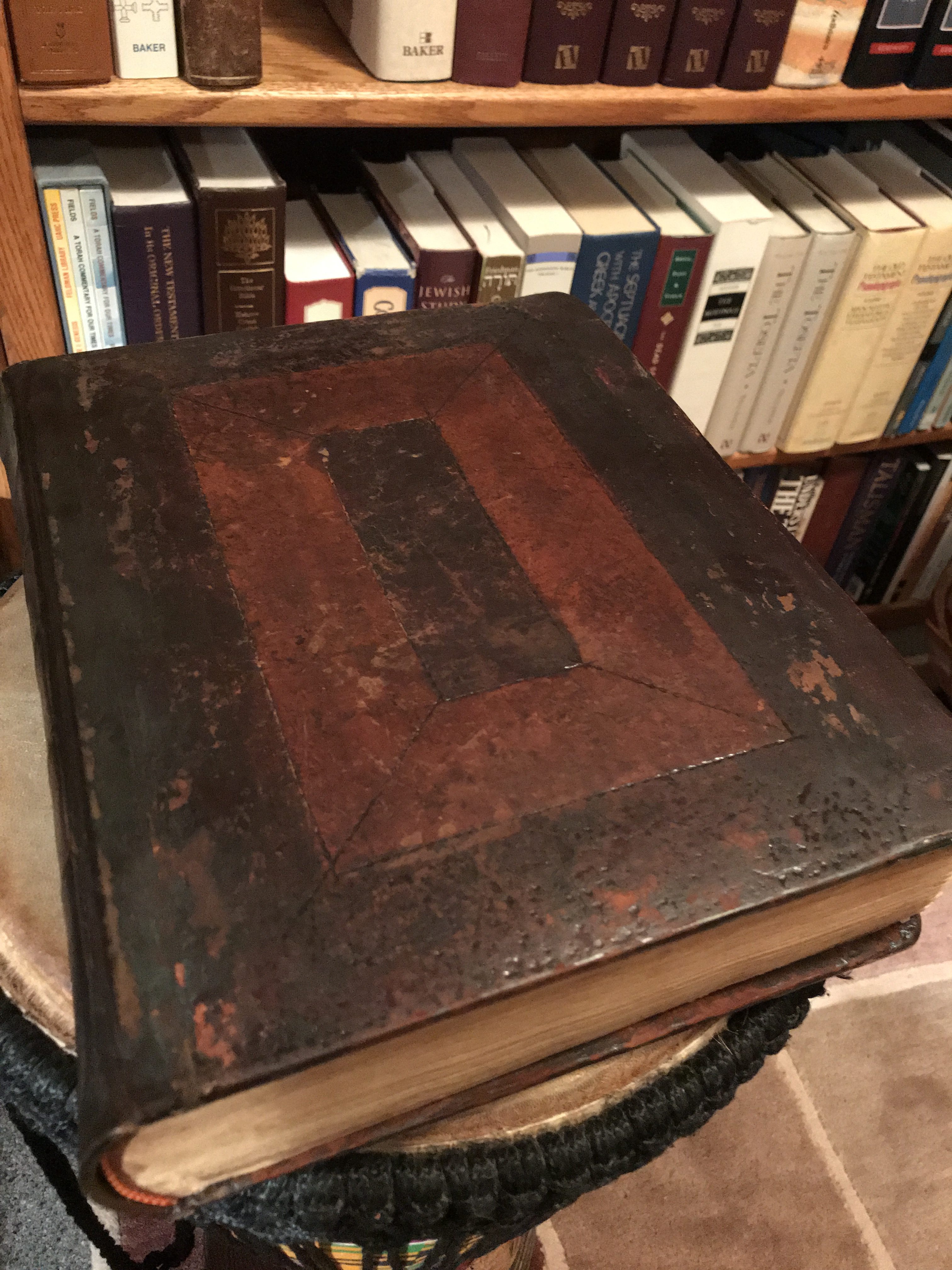
My oldest Bible: published in 1790. I found this Bible in a state of disrepair in stacks of thousands of books in the basement of a used bookstore in Vancouver, British Columbia, Canada in 2008.

This is the second oldest Bible in my collection—published in 1875. I rescued this Bible from a trash heap.
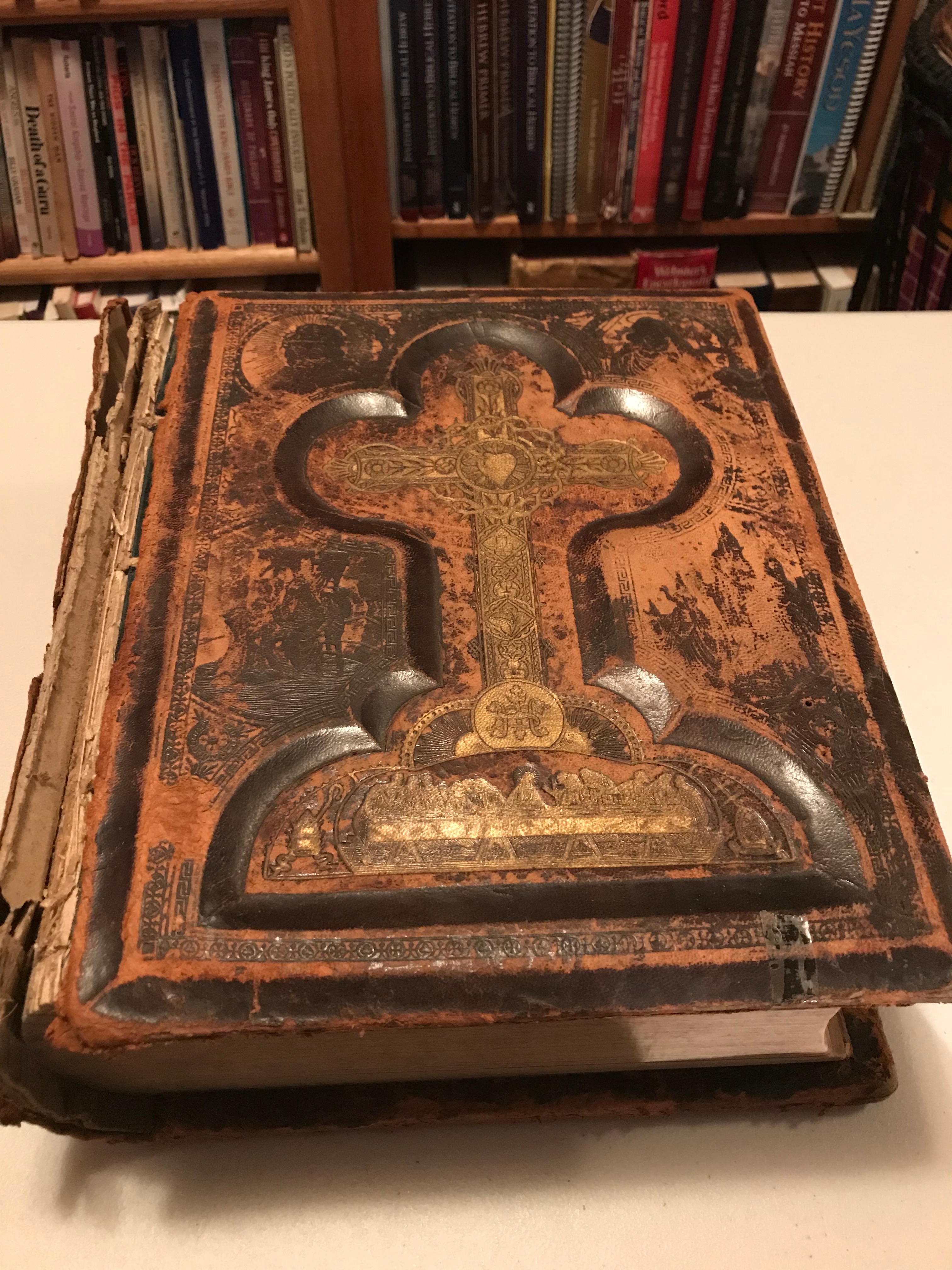
This huge 1882 family Bible was gifted to me several days ago by a client. It had been sitting in their garage for some 20 years. They knew I’d treasure it and they were right. I’ve always wanted a Bible like this.
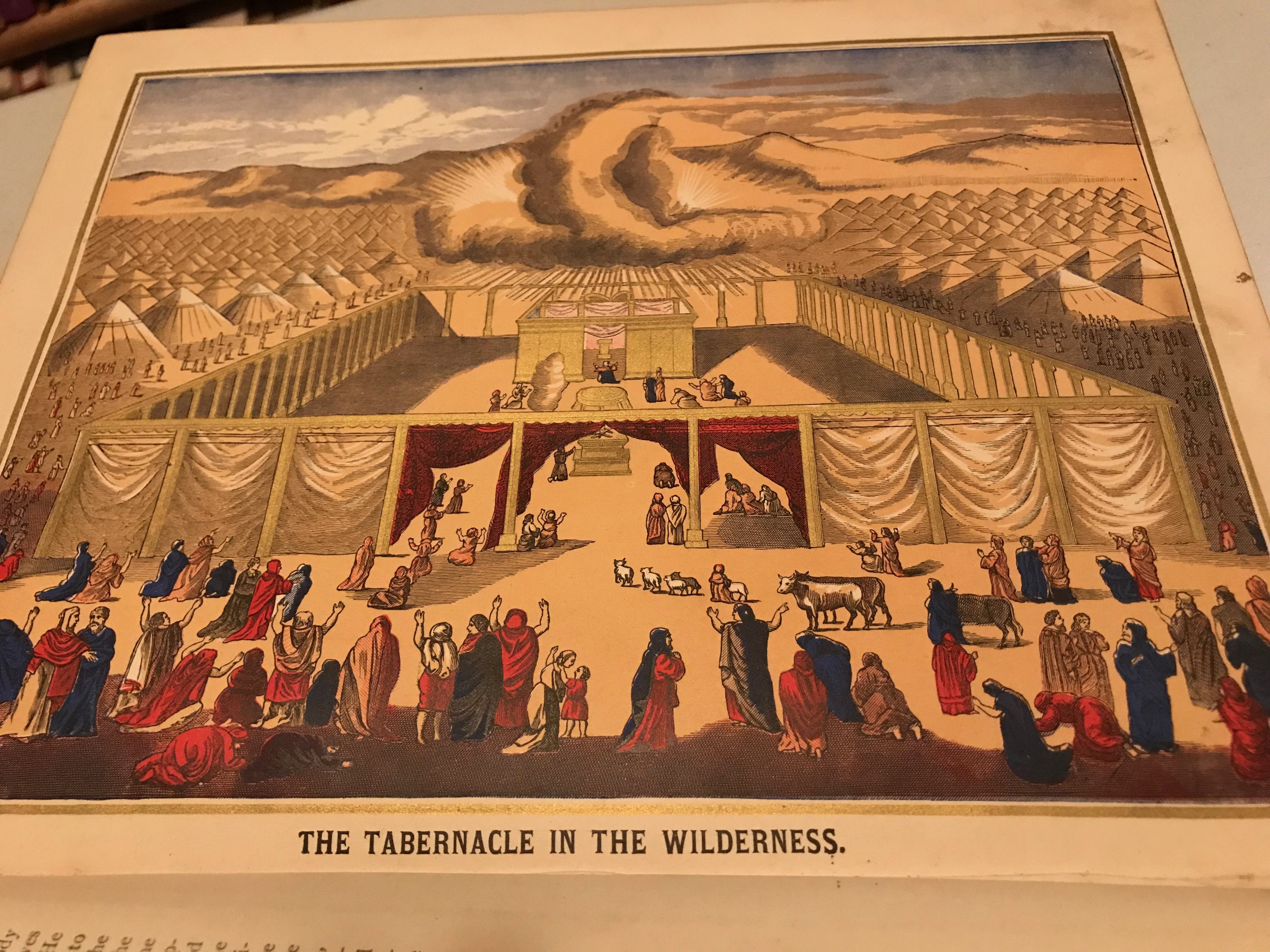
This 1882 Bible contains many wonderful pieces of artwork including this picture of the wilderness tabernacle.
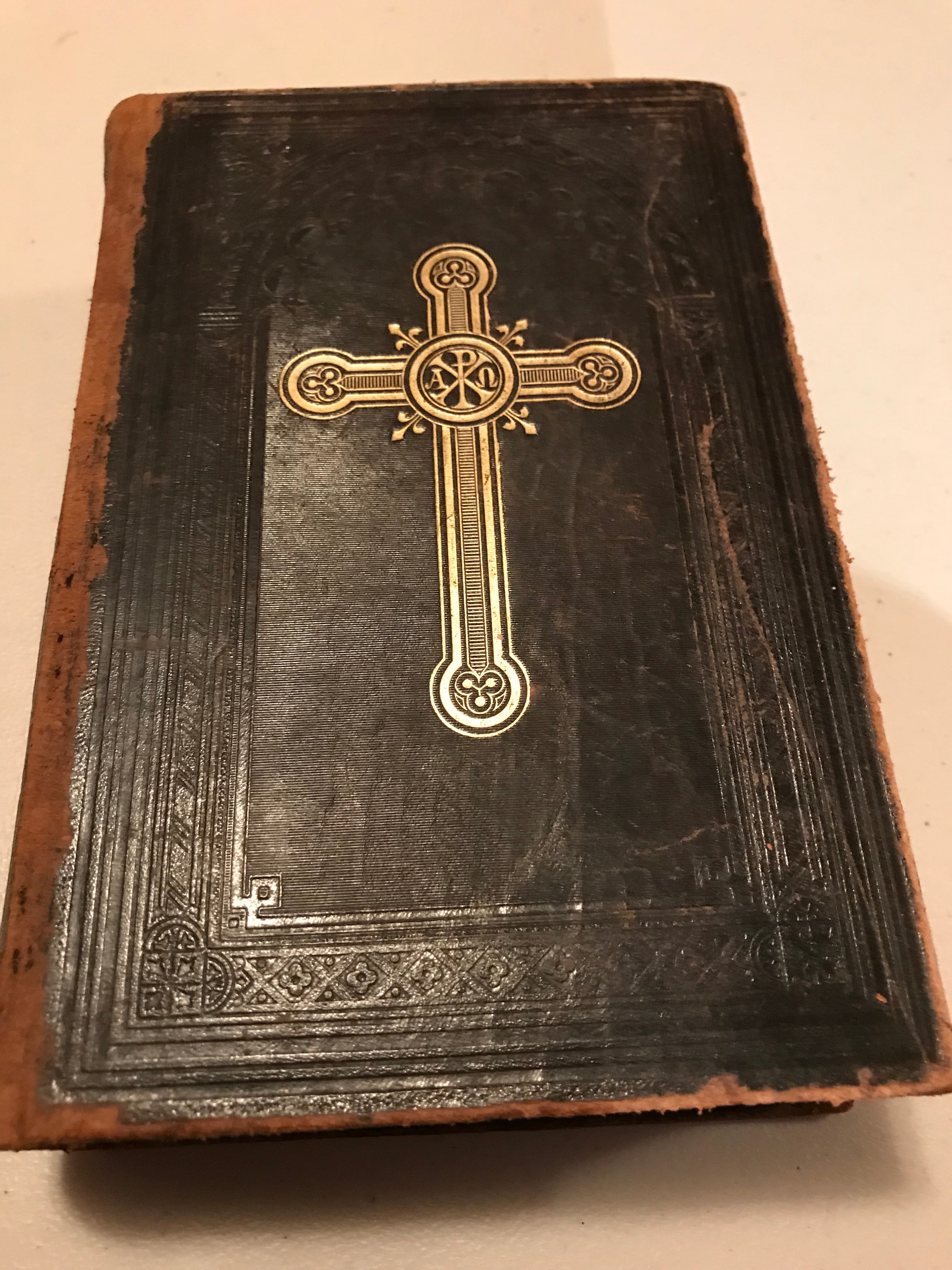
This Bible was published in Germany in 1900 and was brought to America in 1906 by my German emigre great-grand parents.
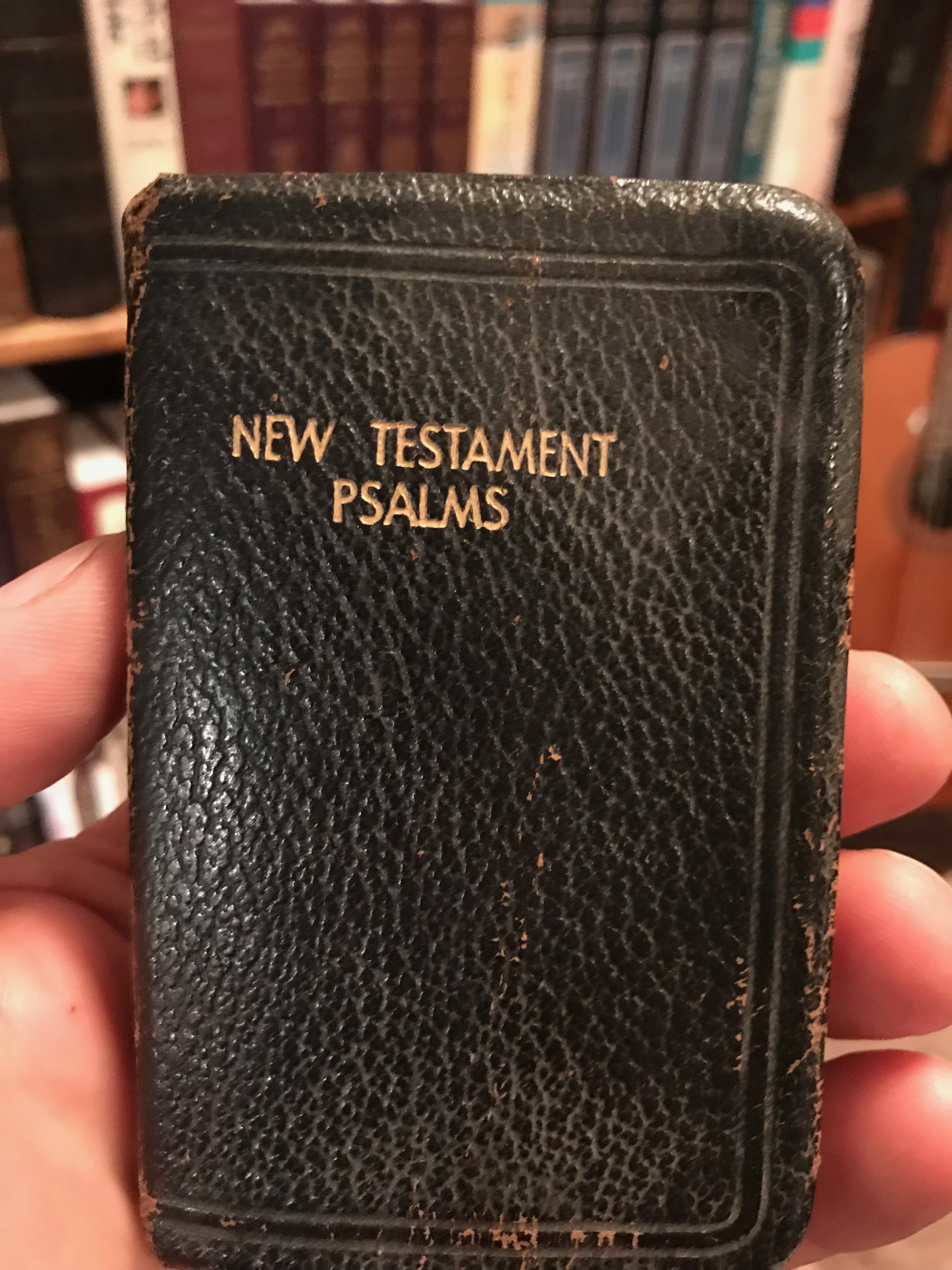
This was my first Bible that my parents gave to me in about 1964 before I could even read. I would take it to church each Shabbat and pretend I was reading it when listening to the pastor preaching his sermons.
Some day, by YHVH’s grace, perhaps I’ll come across a Bible from the 1600s that I can add to my collection.
Oh, how I love Your law! It is my meditation all the day. You, through Your commandments, make me wiser than my enemies; for they are ever with me. I have more understanding than all my teachers, for Your testimonies are my meditation. I understand more than the ancients, because I keep Your precepts.I have restrained my feet from every evil way, that I may keep Your word. I have not departed from Your judgments, for You Yourself have taught me. How sweet are Your words to my taste, sweeter than honey to my mouth! Through Your precepts I get understanding; therefore I hate every false way. (Ps 119 :97–104)

